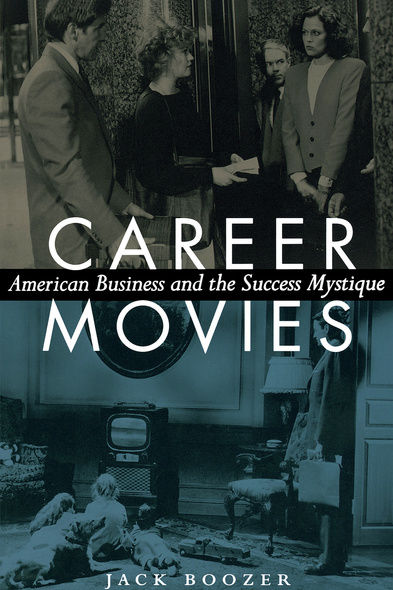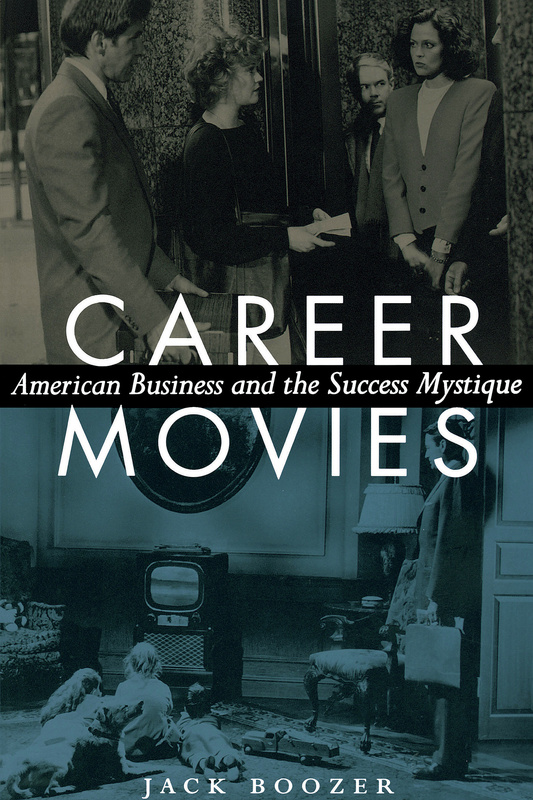Achieving the American Dream became inextricably linked with career/business success after World War II, as an increasingly consumerist America learned to define the dream through possessions and status. Not surprisingly, Hollywood films in the postwar years reflected the country's preoccupation with work and career success, offering both dramatic and comedic visions of the career quest and its effects on personal fulfillment, family relations, women's roles, and the creation (or destruction) of just and caring communities.
In this book, Jack Boozer argues that the career/business film achieved such variety and prominence in the years between 1945 and 2001 that it should be considered a legitimate film genre. Analyzing numerous well-known films from the entire period, he defines the genre as one in which a protagonist strives for career success that often proves to be either elusive despite hard work, or unfulfilling despite material rewards and status. Boozer also explores several distinct subgenres of the career movie—the corporate executive films of the 1950s; the career struggles of (single, married, and/or parenting) women; the entrepreneurial film as it is also embodied in texts about immigrants and racial and ethnic minorities and business-oriented femmes fatales; the explosion of promotionalism and the corporatization of employment; and, finally, the blurring of work and private life in the brave new world of the televirtuality film.
Jack Boozer is Associate Professor of Communication at Georgia State University.
- Introduction
- From American Dream to Success Mystique
- Defining the Genre and Other Theoretical Approaches
- Organizational Structure
- Chapter 1. The Classical Corporate Executive Film
- Executive Promotion and Family Allegiance
- Corporate Nationalism
- Shoring Up the New Male Bureaucrat
- Beyond the Corporate-Family Equation
- Chapter 2. The Emergence of the Career Woman
- From Shamed Working Moms in Noir and Classical Melodrama to Embarrassed Ones in Comedy
- The 1970s and After: Transitional Consciousness Gives Way to Clones, Comedic Supermoms, and Competitive Saboteurs
- Consumerism's Legacy of Narcissism and Displacement
- Chapter 3. The Entrepreneurial Impulse
- Surveying the Agony and Ecstasy of Ownership
- Immigrant and Racial Issues in Family Businesses
- Entrepreneurial Femmes Fatales in the Film Noir Tradition
- Eroticized Success Mastery and Repetition Compulsion
- Chapter 4. Huckster Foreplay: The Promotion Industry
- From Early Cinema Hucksters to Corporate Media Demagogues
- Directing Desire in the Postwar Classical Film
- Evident Resistance in the Transitional Era
- The Entrepreneurialization of Employment and Other Promotional Realities in the 1980s and 1990s
- Chapter 5. Working in American Televirtuality
- From Network TV to Cultic Space and Cultural Metaphor
- The Drive to Virtuality in Production and Consumption
- Reception and Simulational Identity in Cyberspace
- Conclusion
- List of Film Stills
- Notes
- Bibliography
- Index





